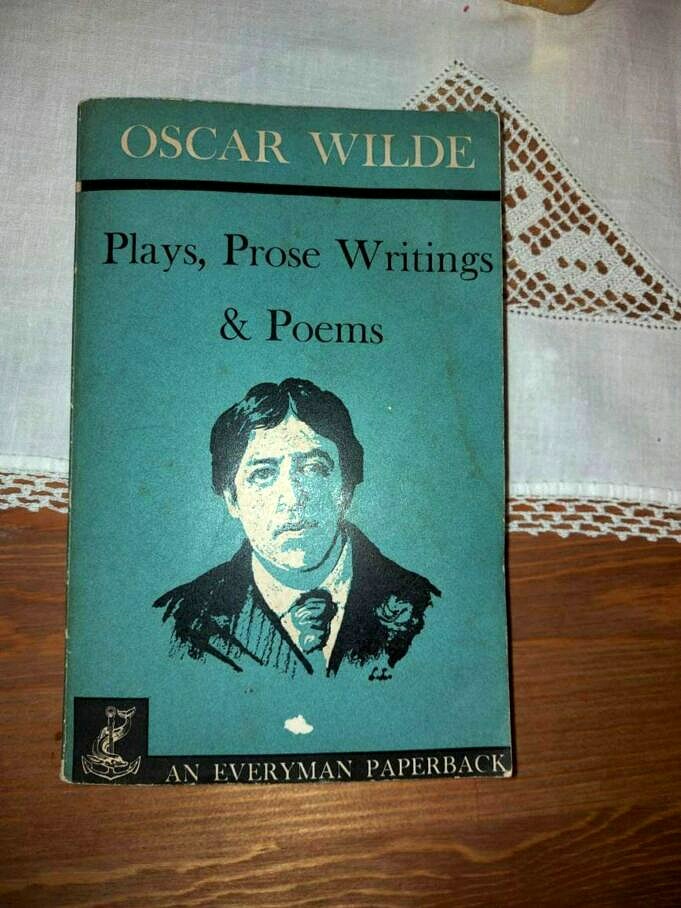I just finished teaching A Midsummer Nights Dream to my Shakespeare class, and while I find the various pairs of lovers in the play to be fairly boring, Im enchanted by the Rude Mechanicals , the group of working men who perform A tedious brief scene of young Pyramus and his love Thisbe, very tragical mirth at the wedding celebration in Act 5. My favorite rude mechanic is Snug the joiner (he plays the lion), but theres also a carpenter, Peter Quince.
Many of you contributed to the discussion about Noah, Joseph and Jesus. However, this brings up the question of whether or not the Bible is fiction or poetry. I think it could be argued, however, that most of it is poetry, regardless of whether it is fiction or nonfiction. That, gentle readers, is a fray I dont want to enter!
Two readers mentioned medieval mystery play, which were performed by various craft guilds. Shakespeare’s use of mechanicals to act as his play-within the-play actors is why two others mentioned them.
I received several mentions of Gepetto from the Pinocchio story, Robin Hood and his gang (do bows count as furniture? The innkeeper in Moby Dick (he uses a handplane once) and the ships carpenter (he builds a coffin, which I assume counts as the last furniture piece for many, for Queequeg).
Bill Seavey’s vote for Odysseus was the winner. The Odyssey is a Homer epic poem that, depending on who you listen to, predates the first fragments of Genesis. The title character makes a bed from a rooted olive branch. This serves as a love test for Penelope, his long-suffering wife, after Odysseus returns after years of wandering and years of sleeping around. Epeus was also eligible for a vote, though he built the Trojan Horse in an older book of the same poem. However, I don’t think a horse counts towards furniture.
And for those of you who are still reading, here are two final Shakespeare-woodworking connections:
Roy Underhill, Woodworking in America, told me that his family tree can be traced back to Stratford-upon-Avon and that at least one of his ancestors were woodworkers. So its possible that an Underhill worked on New Place (the house Shakespeare bought in his hometown after his London success). And for the record, Roy can recite from memory far more Shakespeare than can I , and it falls trippingly from his tongue.
James Burbage, the theatre impresario in charge of the company of which Shakespeare was a shareholder (The Lord Chamberlains Men, later known as The Kings Men), was a joiner. In 1576, he financed and built the first dedicated theatre space in London since Roman times (aptly named The Theatre). When he was refused renewal of his lease on the Theatres land, he and his crew dismantled the structure under the cover of night, and moved the timbers across the Thames, where they constructed The Globe.
Not asleep yet? In an earlier post, you can find out more about Shakespeare and joint stools.



